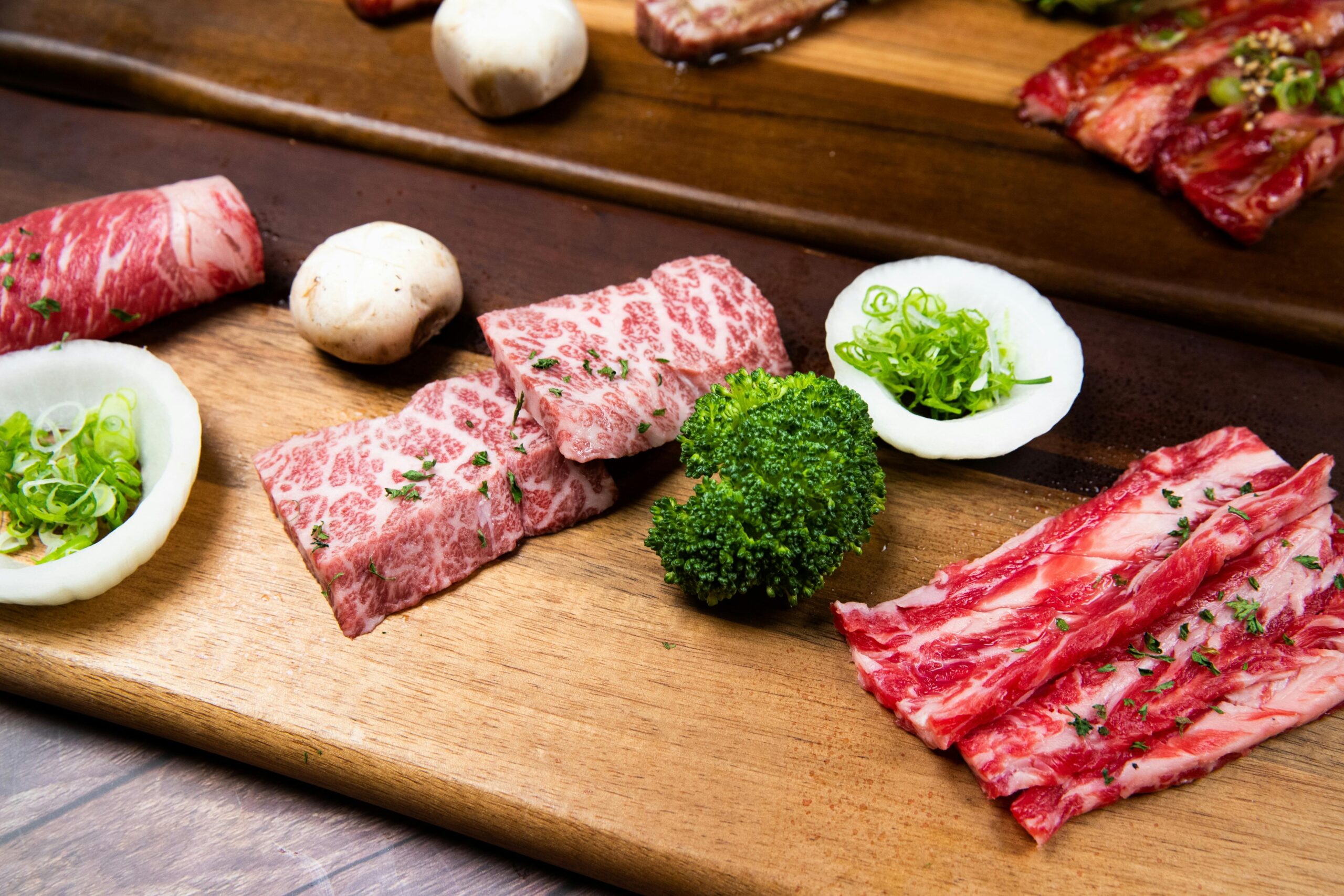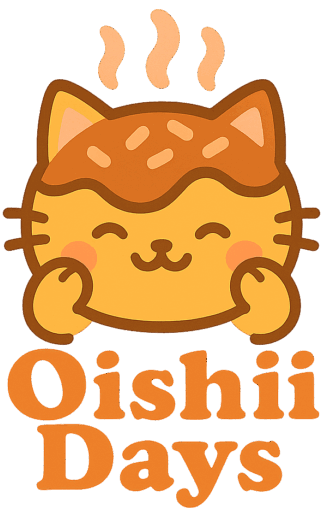Category: Japanese Culture
-
Ramen Dates in Gifu, Vol. 1 — Nageyari’s Famous Pork & Seafood Bowl
One of our favorite weekend traditions is what I like to call our “ramen date.”No fancy plans — just me and my husband going out to slurp noodles somewhere new. This time, we finally tried Nageyari (なげやり) — a well-known ramen shop in Gifu City that’s often featured on YouTube and Japanese TV shows. It’s…
Written by
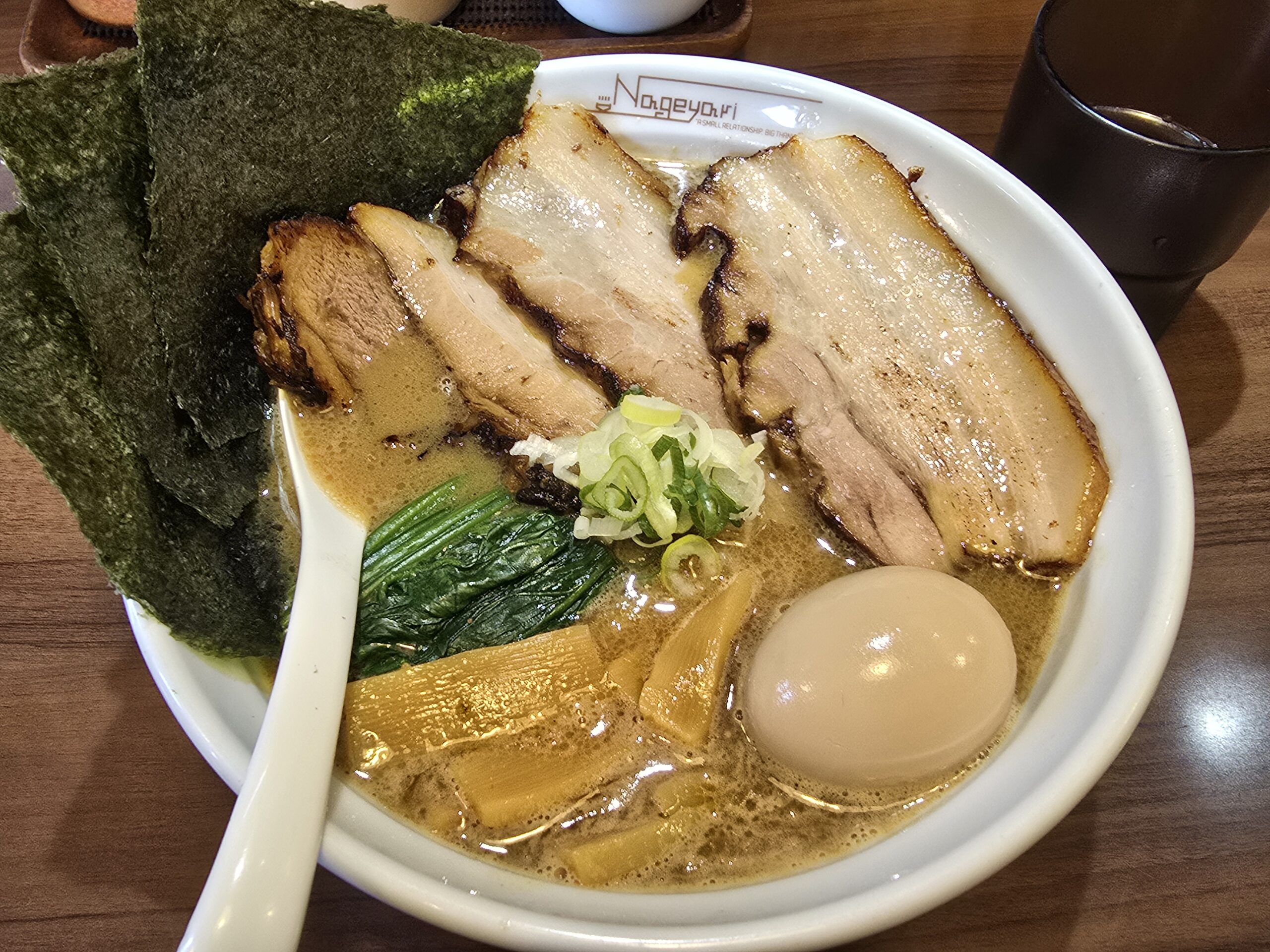
-
Osewa ni Natte Orimasu” Meaning and Usage — How to Use Japan’s Polite Expression of Gratitude
In Japan, you’ll often hear the phrase “Osewa ni natte orimasu.” It’s more than just “thank you” — it reflects gratitude, humility, and the value of human connection. Here’s what it really means and how to use it naturally in daily life and work.
Written by
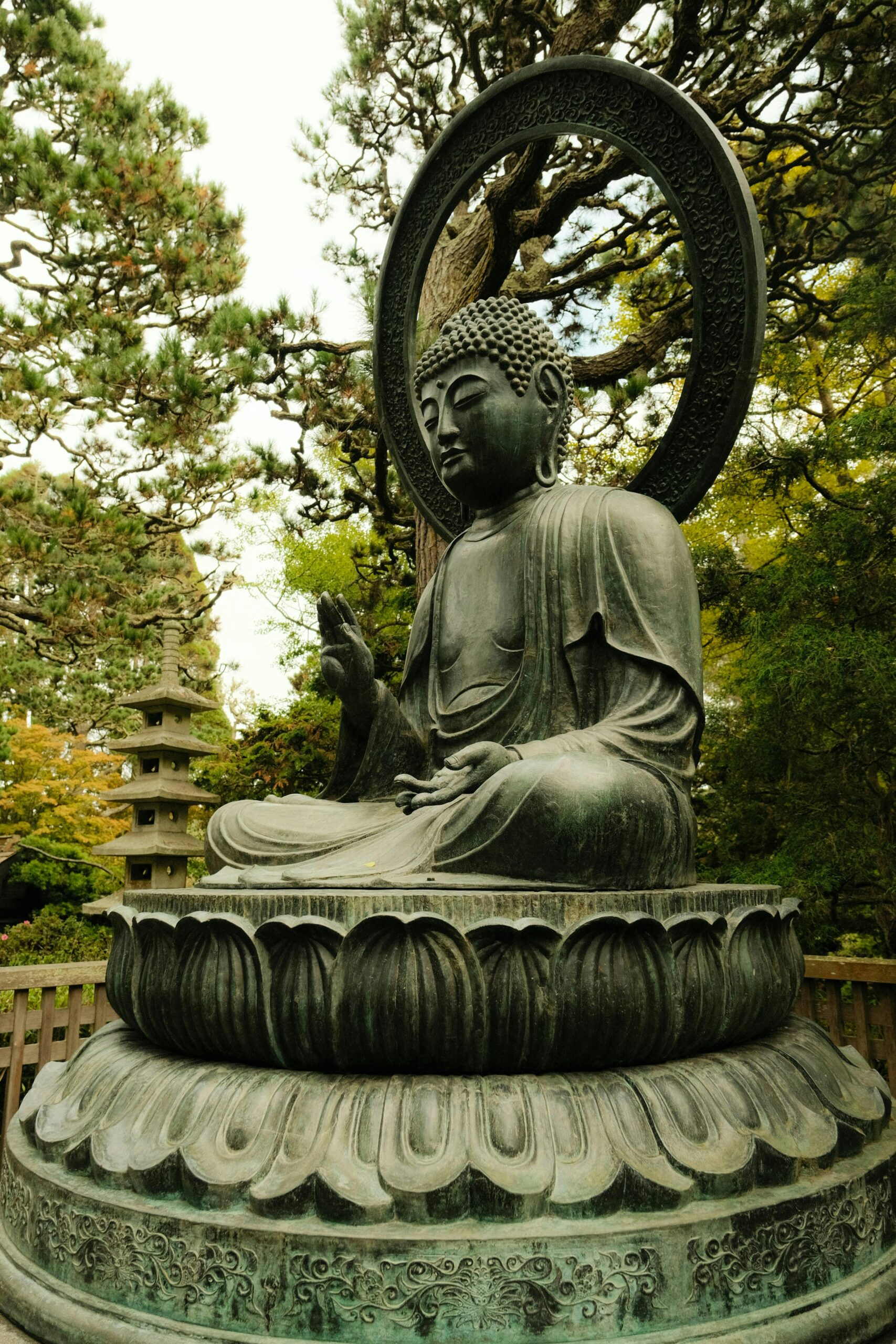
-
Understanding “Otsukaresama Desu”: A Small Phrase That Holds Japan’s Heart
When I first started working in Japan, I noticed one phrase floating around the workplace more than any other: “Otsukaresama desu.” People said it so often—after meetings, after lunch, even in the middle of the day. At first, I wasn’t sure what it really meant. But over time, I realized that this simple phrase carries…
Written by

-
Why Tipping Doesn’t Belong in Japan: Culture, Values, and What It Means for the Future
In many countries, tipping is polite—even necessary. But in Japan, leaving extra money on the table isn’t just unusual—it can cause confusion. The Japanese approach to service is rooted in pride, fairness, and omotenashi (hospitality without expectation). In this article, I’ll share why tipping isn’t part of Japanese culture, when it might be acceptable, and…
Written by
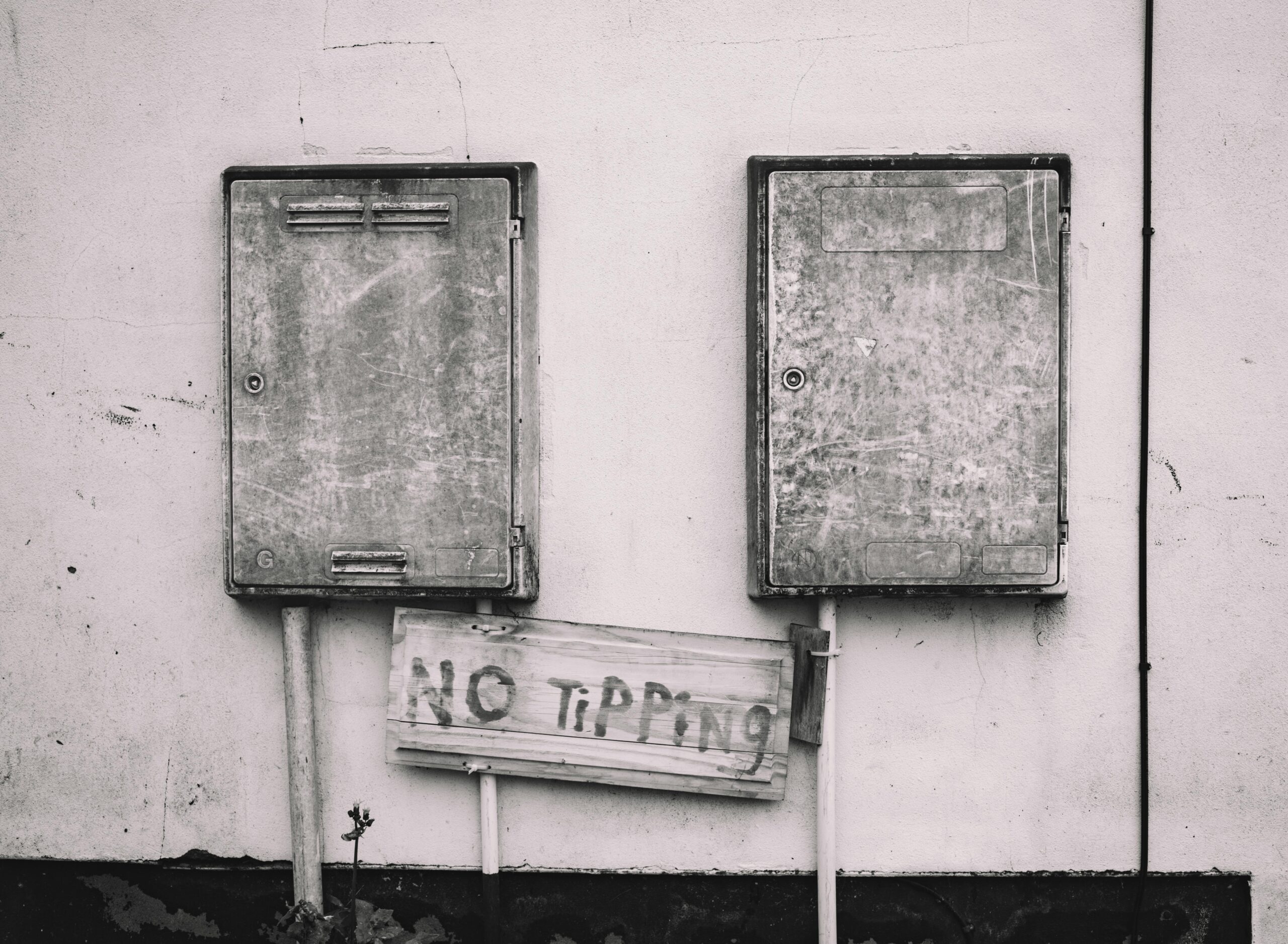
-
Experiencing Japanese Hospitality at Work – Tea Time and Omotenashi
Omotenashi, often translated as “Japanese hospitality,” is more than service—it’s a mindset of thoughtfulness, respect, and anticipating needs. My first true experience with omotenashi happened not at a restaurant or hotel, but at work, during a training session. That moment shaped the way I see Japanese culture, and even how I approach my own role…
Written by
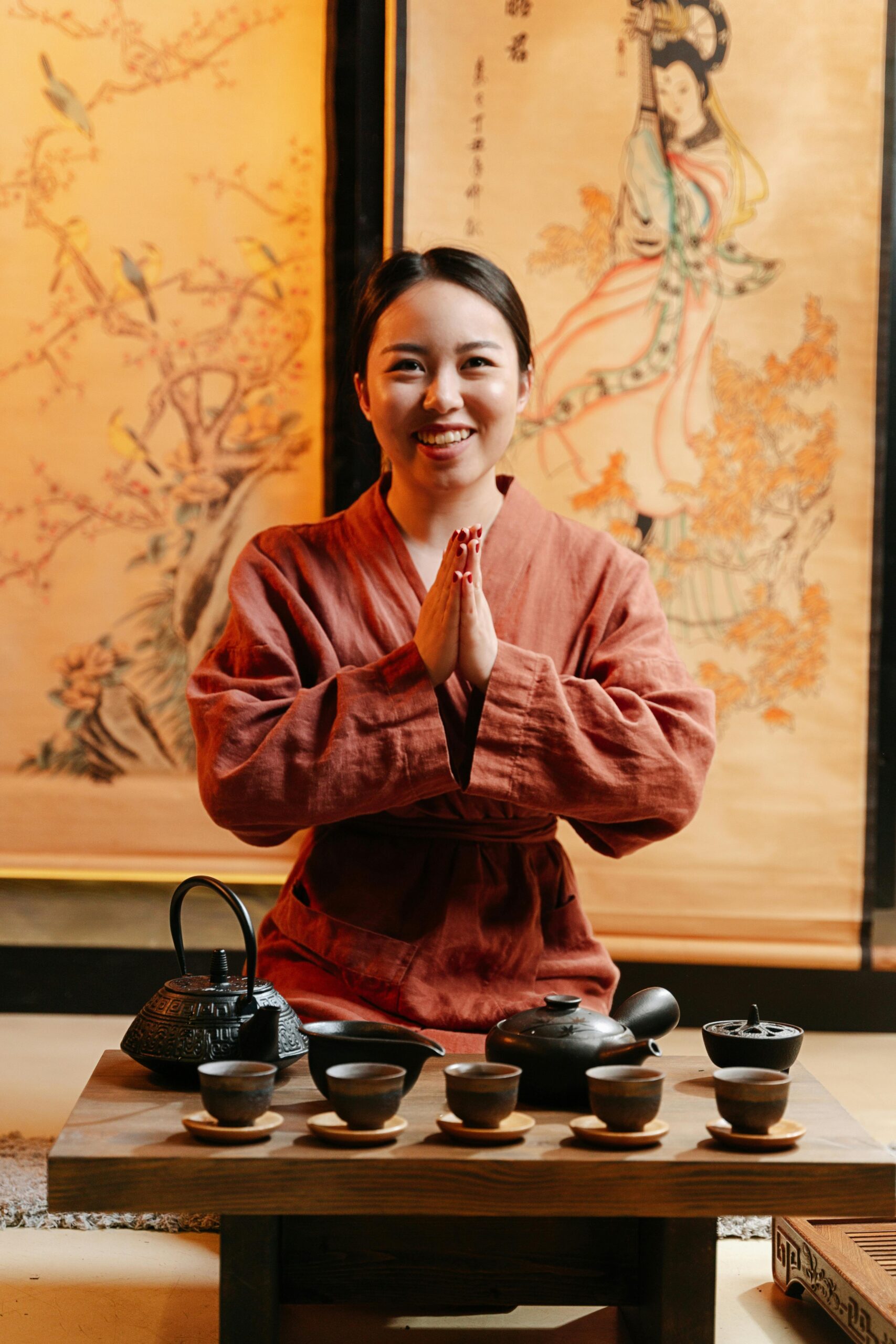
-
Love Across Cultures: My Marriage with a Japanese Husband
I never expected that downloading a simple language exchange app would lead me to marriage. What began as casual conversations—me practicing Japanese, him practicing English—slowly grew into late-night talks, laughter, and a bond that crossed cultures. Our journey hasn’t always been easy; from learning to express affection in different ways to adjusting to daily habits…
Written by
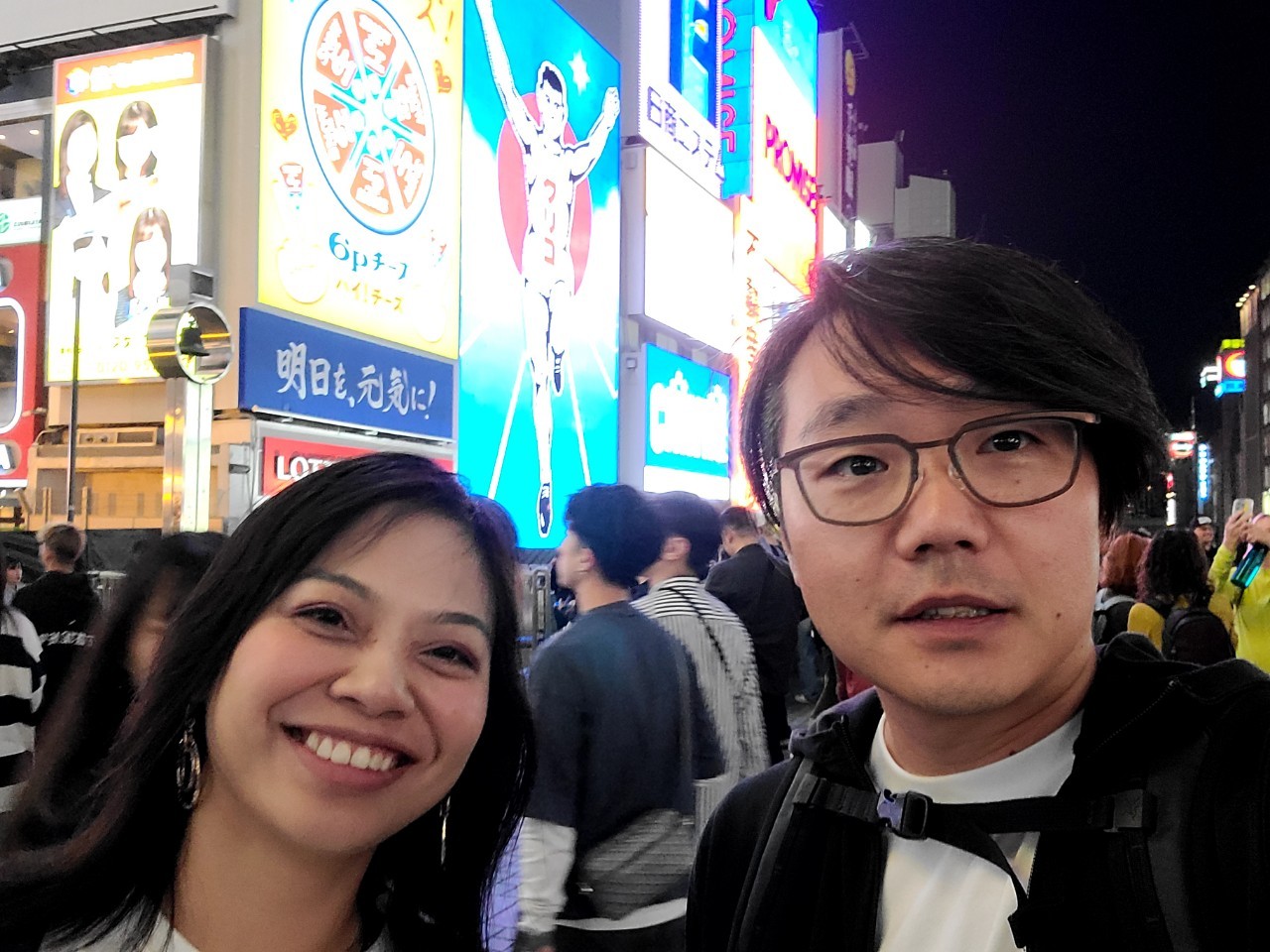
-
Masks, Manners, and Everyday Politeness: My Adjustment
Moving to Japan meant more than just learning a new language and adapting to a new place—it meant learning a new rhythm of daily life shaped by masks, manners, and small acts of politeness. From quiet trains to the way we hand money at the cashier, every gesture carries meaning. This is the story of…
Written by
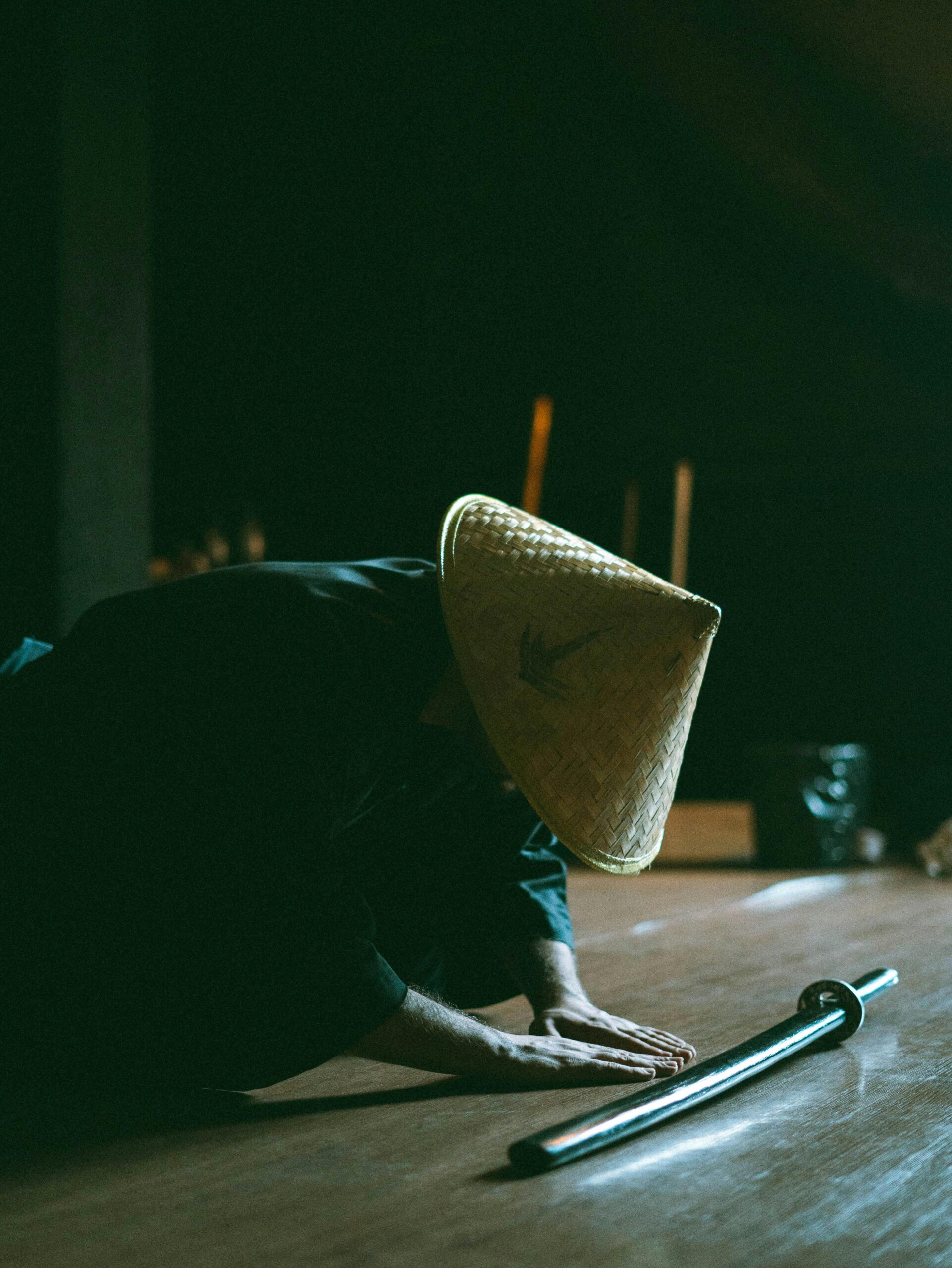
-
The Many Ways to Say “Oishii” in Japanese: Living Deliciously in Japan
In Japan, “oishii” is more than just “delicious.” It’s a word that shows up in everyday meals, in TV dramas, and in conversations that celebrate life’s small joys. On Oishii Days, I want to share not only how to use oishii when eating but also the many other ways Japanese people express taste and enjoyment.…
Written by
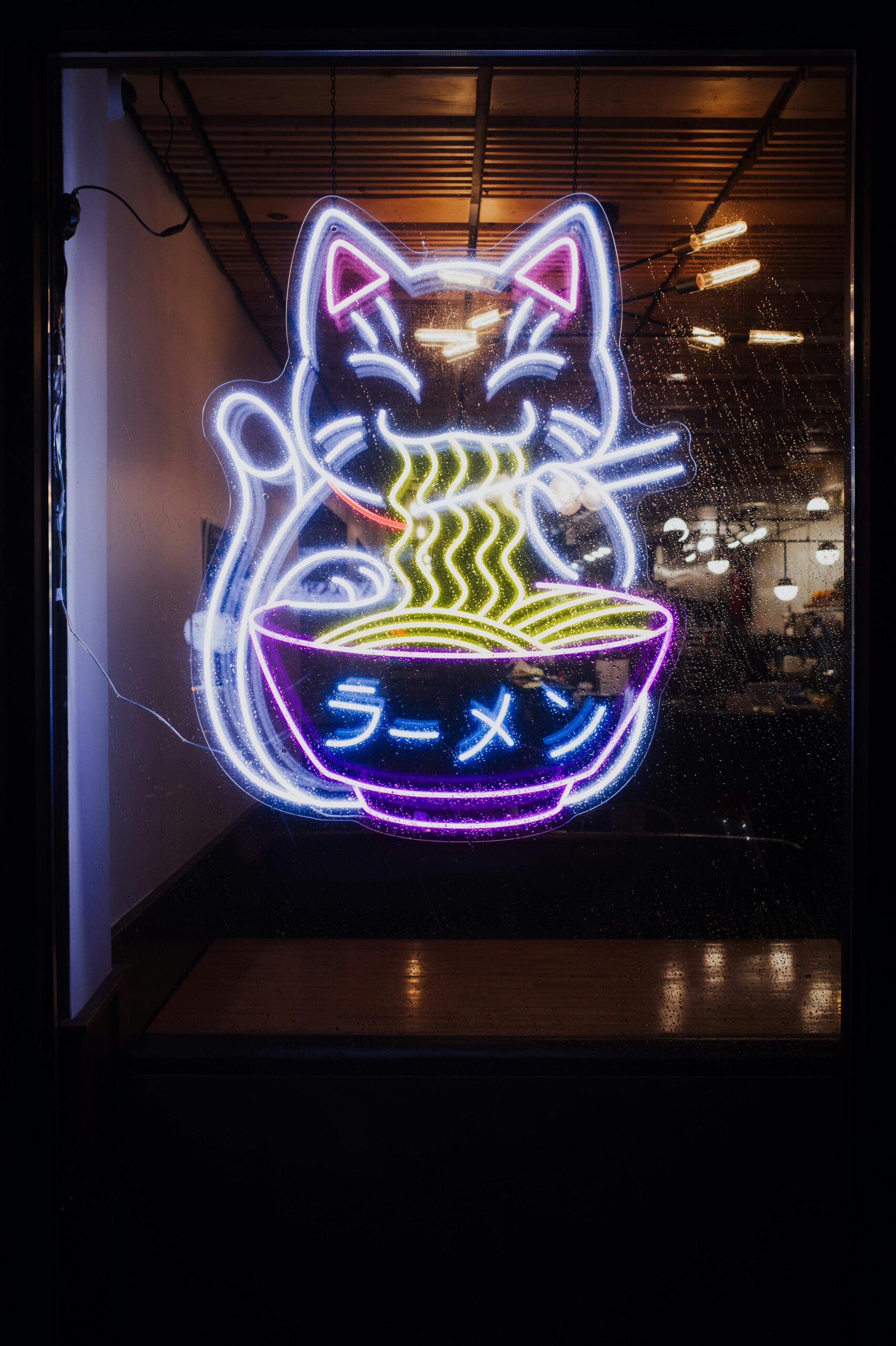
-
The Morning Set Culture in Gifu: Discover Japan’s Unique Breakfast Tradition
One of the things I’ve grown to love about living in Gifu is the morning set culture. Unlike in other parts of Japan, where breakfast might mean grabbing an onigiri from the konbini, in Gifu it’s all about heading to a cozy kissaten (coffee shop) and enjoying a full plate of food that comes free…
Written by
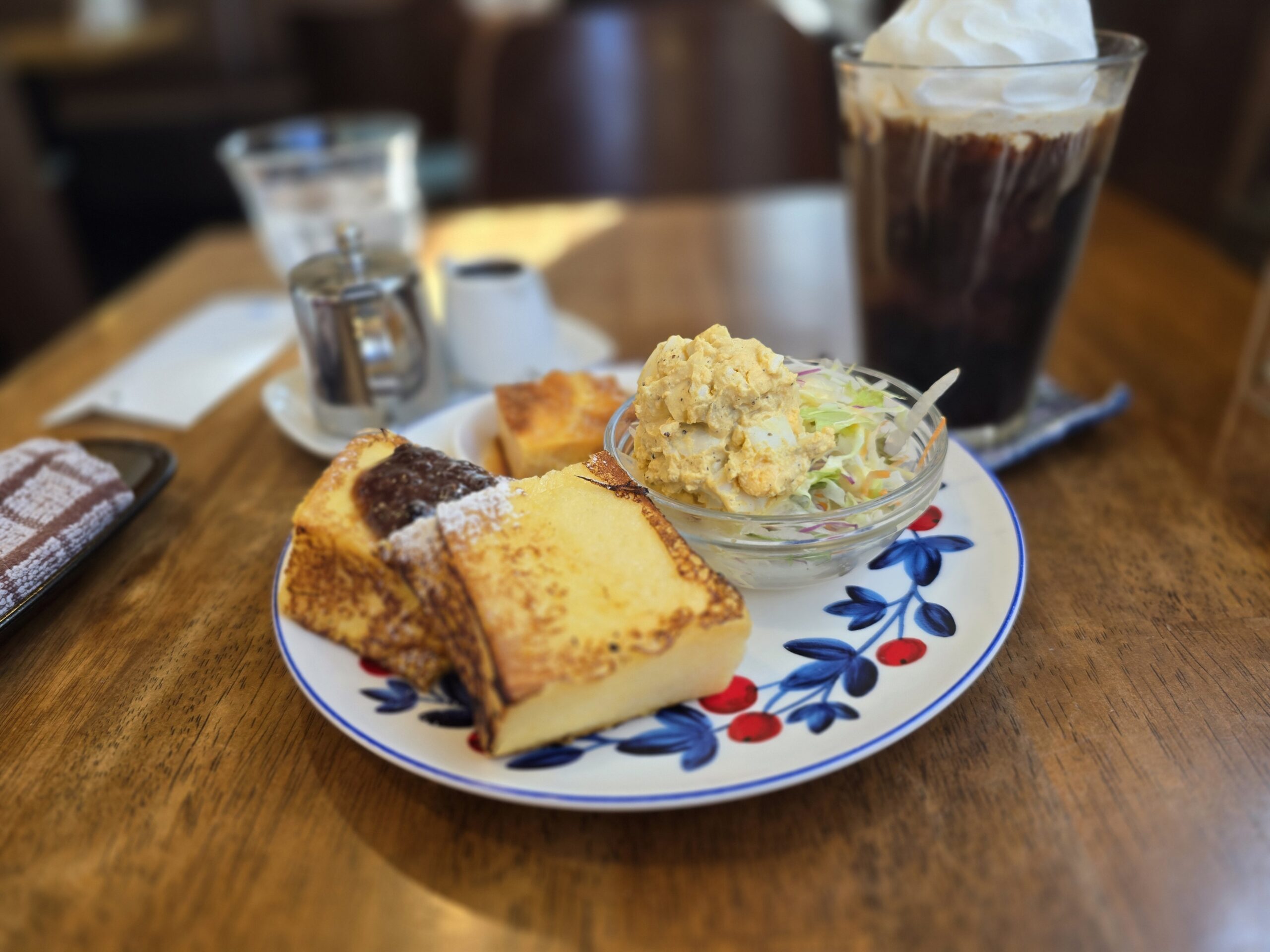
-
Niku Day in Japan: Why the 29th Is All About Meat
On the 29th of every month, Japan celebrates Niku Day—“Meat Day.” From yakiniku discounts to supermarket sales, it’s a playful food tradition that makes everyday life feel festive. Here’s what it is, why it’s fun, and how you can join in.
Written by
